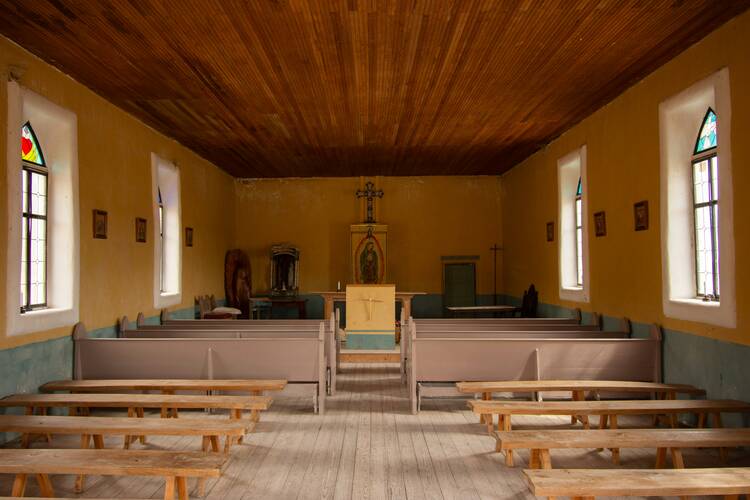A Reflection for the Feast of the Conversion of St. Paul, Apostle
Find today’s readings here.
On that journey as I drew near to Damascus, about noon a great light from the sky suddenly shone around me. I fell to the ground and heard a voice saying to me, ‘Saul, Saul, why are you persecuting me?’ I replied, ‘Who are you, sir?’ And he said to me, ‘I am Jesus the Nazorean whom you are persecuting.’ My companions saw the light but did not hear the voice of the one who spoke to me. I asked, ‘What shall I do, sir?’ The Lord answered me, ‘Get up and go into Damascus, and there you will be told about everything appointed for you to do.’ Since I could see nothing because of the brightness of that light, I was led by hand by my companions and entered Damascus. (Acts 22:6-11)
The accounts of the conversion of St. Paul in the Acts of the Apostles and in the Pauline epistles give any reader much imaginative material for a prayerful “composition of place,” because there’s a lot going on. Just look at the above reading: Travelers on the road. A sudden light visible to all, a voice audible only to one; a persecutor of the followers of Jesus who suddenly encounters Jesus himself. And a man blinded to the message of the Gospel who is brought to enlightenment—and yet at the same time struck blind.
The consequence of that blindness is seen in the last line of the above passage, one that seems never to appear in artistic representations of Paul’s conversion (which famously tend to show his non-existent horse). But the implications for discipleship in that final sentence are significant:
Since I could see nothing because of the brightness of that light, I was led by hand by my companions and entered Damascus.
Think about that for a second. Saul is at this point at the height of his powers. He’s known as a “Hebrew’s Hebrew,” educated at the feet of a master and respected by “the high priest and the whole council of elders,” he tells us. He is also a person with authority, subjecting the followers of Jesus to imprisonment, to punishment, even to death. And no one doubts the zeal with which he was pursuing those goals: He boasts of it himself. And as we see later in Acts, he’s a gifted orator.
But the Saul who arrives in Damascus in today’s readings makes no dramatic entrance. Rather, he is led by hand. He’s almost helpless—unable to see a thing and dependent upon the kindness of others, eventually including the very Christians he has been persecuting. And the voice he encountered on the road has told him that despite his deep convictions, he’s been very, very wrong about what God wants from him.
Saul—as Paul—eventually regains his confidence, his eloquence, his leadership qualities. But at the time God calls him, he loses all of that. What he has instead is one thing in abundance: humility. Maybe there is a reminder there for all of us. God doesn’t always call us through what we’re best at, or in the ways we’re most comfortable. Sometimes we need to be led by the hand by others on our path to being a true disciple.








